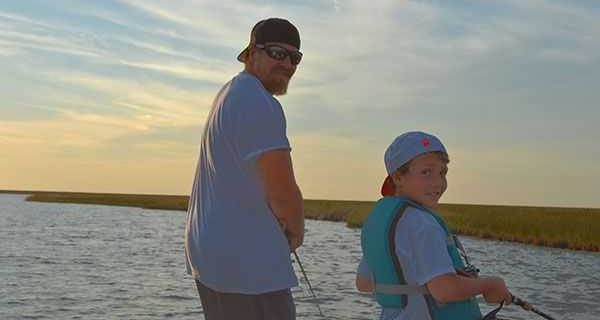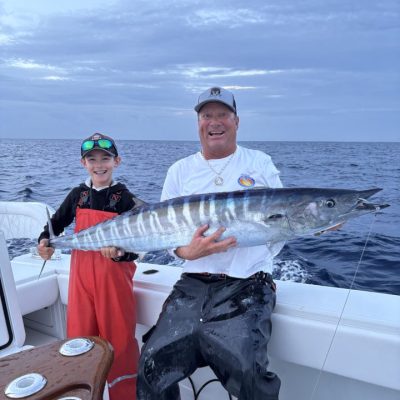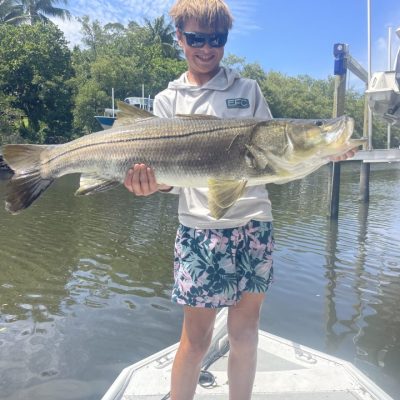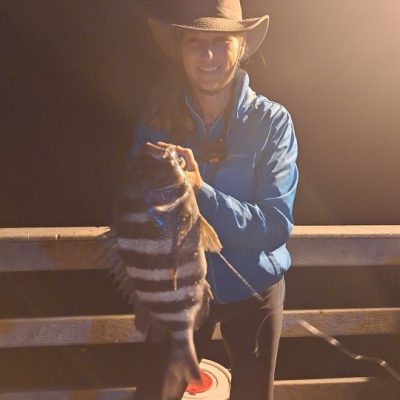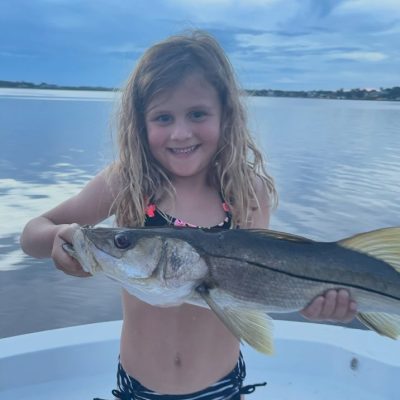Conservation
Environmental and waterway news.
Latest in Conservation
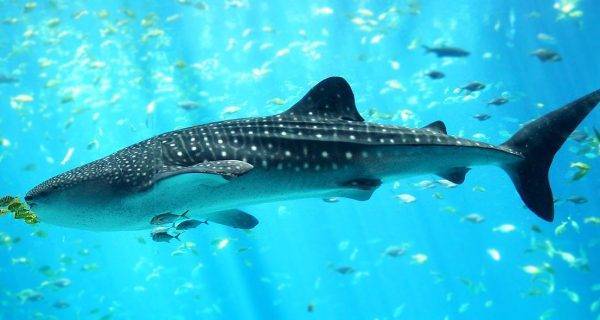
Spotting Whale Sharks With Gulf Researcher Dr. Eric Hoffmayer
Those of us living on the Gulf Coast know our lives are distinctly intertwined with the great body of water to the south. Most of our recreation, food and the way we make a living are connected to the Gulf. However, we don’t always have time stop and consider the vastness of this incredible place we call home. This large marine ecosystem provides a home to creatures many of us have never seen in person, for example, whale sharks. Whale sharks— those spotted gentle giants that feed on fish eggs and plankton—are one of the Gulf’s most unique creatures. Whale sharks are the largest fish in the world, and although the Gulf is home to a number of them, little is known about their behavior in the Gulf. Ocean Conservancy interviewed Dr. Eric Hoffmayer, a preeminent whale shark expert and research fishery biologist with the National Marine Fisheries Service, to find out more about this fascinating fish and what research is needed to ensure their protection.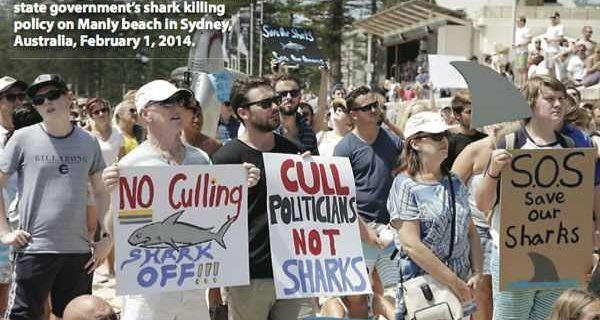
Western Australia Enacts Controversial Shark Cull
As stupid and ridiculous as it may sound, this is indeed true, and I wanted to voice my scientific opinion on the matter this month.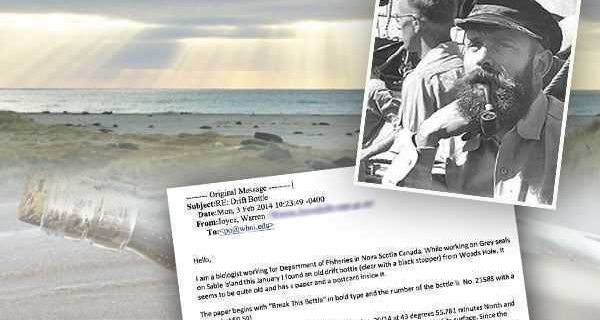
Message In A Bottle
Every once in a while, a curious email floating through cyberspace will land unexepectedly in your inbox, like a message in a bottle.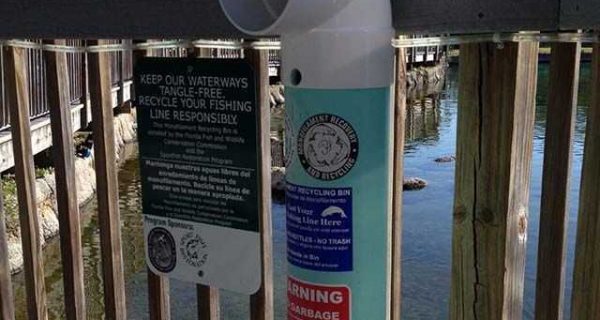
Deadly Lines
By Michelle Byriel Last summer, my husband and I were enjoying a beautiful day on the boat in Islamorada. While …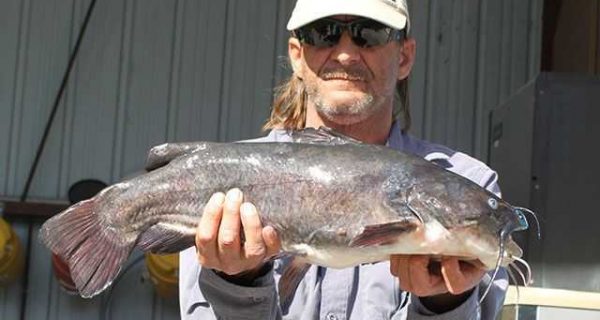
Dade City angler lands state record brown bullhead catfish
Dade City resident Richard Clinton now holds the record for catching the largest brown bullhead catfish on rod and reel …